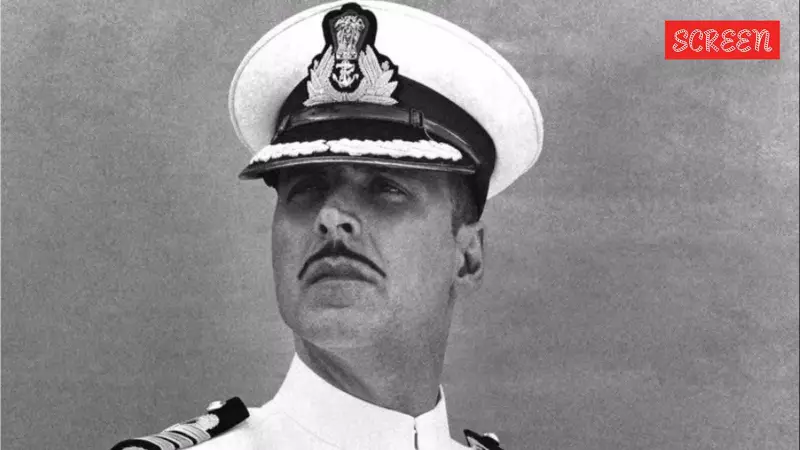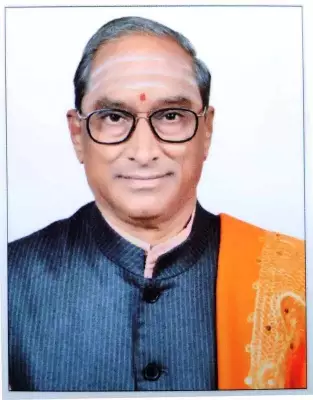
The year was 1959, and India was about to witness one of the most sensational criminal cases that would blur the lines between crime, passion, and justice. The Nanavati murder case wasn't just another crime—it was a dramatic saga that would captivate the nation and eventually inspire multiple Bollywood adaptations.
The Love Triangle That Ended in Tragedy
At the heart of this explosive story was naval officer Kawas Manekshaw Nanavati, his beautiful wife Sylvia, and their friend Prem Ahuja. What began as a friendly acquaintance turned into a devastating betrayal when Nanavati discovered his wife's affair during a candid confession.
The revelation shattered the decorated officer's world. On April 27, 1959, Nanavati dropped his wife and children at a cinema, purchased a revolver from his ship, and confronted Ahuja at his Mumbai apartment. The confrontation turned deadly, leaving Ahuja fatally shot.
A Trial That Captivated a Nation
What followed was unprecedented in Indian legal history. The case became a media circus, with newspapers covering every development in sensational detail. Public sympathy largely favored Nanavati, seen as a wronged husband defending his honor.
The trial took dramatic turns:
- Nanavati initially received a life sentence for murder
- Public pressure and media coverage influenced legal proceedings
- The case eventually reached the Bombay High Court
- In a surprising twist, Nanavati was acquitted
From Courtroom to Silver Screen
The Nanavati case's dramatic elements proved irresistible to Bollywood filmmakers. The story has been adapted into three notable films:
- "Yeh Rastey Hain Pyar Ke" (1963) - The first cinematic interpretation starring Sunil Dutt
- "Achanak" (1973) - Gulzar's masterful take on the emotional turmoil
- "Rustom" (2016) - Akshay Kumar's blockbuster that brought the story to new generations
The Legacy of a Crime of Passion
The Nanavati case remains significant for multiple reasons. It highlighted how media coverage could influence legal outcomes and sparked debates about the "crime of passion" defense in Indian jurisprudence. The case also marked a turning point in how high-profile trials were covered by the press.
More than six decades later, the story continues to fascinate filmmakers, historians, and true crime enthusiasts. It stands as a timeless reminder of how human emotions, when pushed to their limits, can create stories that transcend generations and mediums.
The Nanavati saga proves that sometimes truth isn't just stranger than fiction—it's more compelling, more dramatic, and ultimately, more unforgettable.





